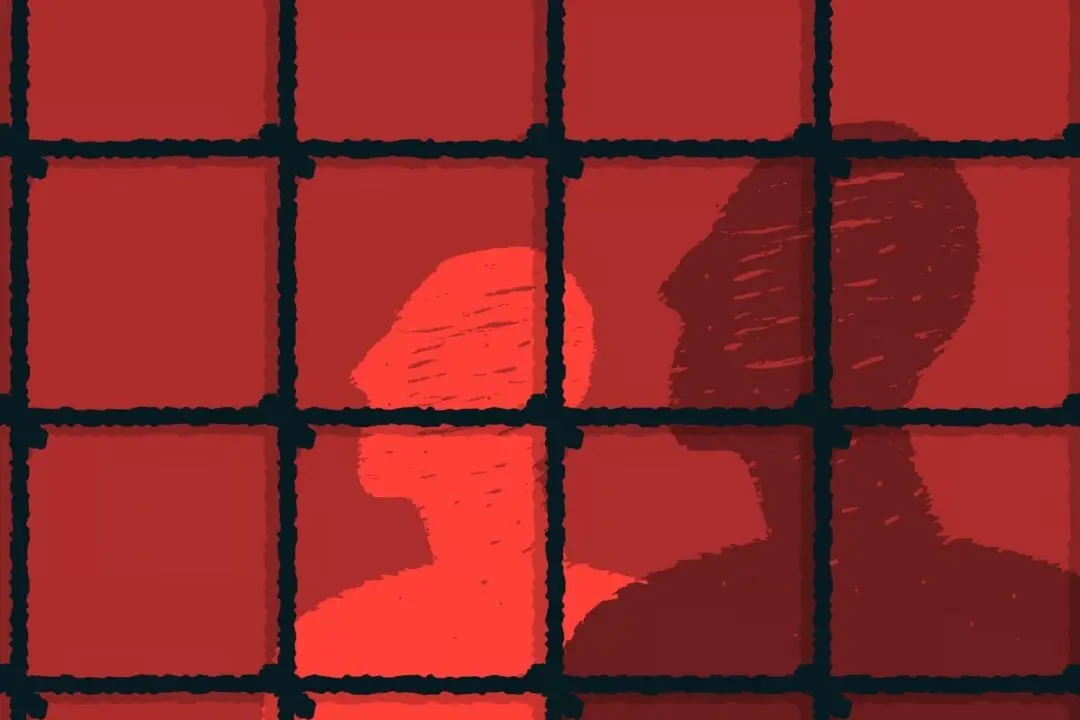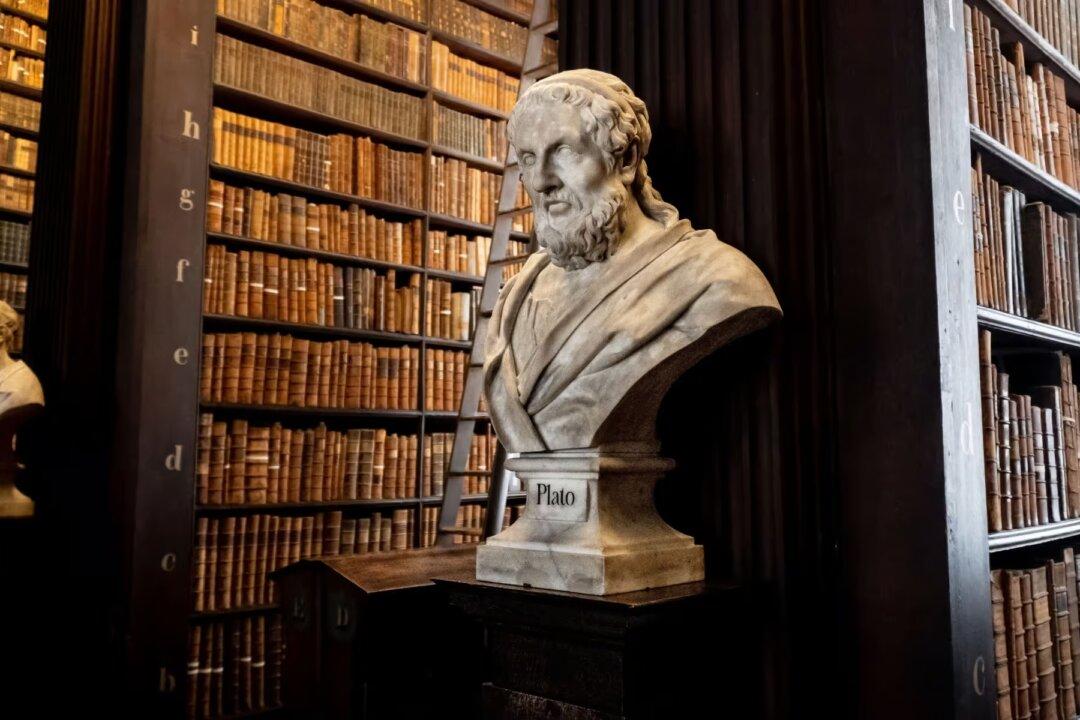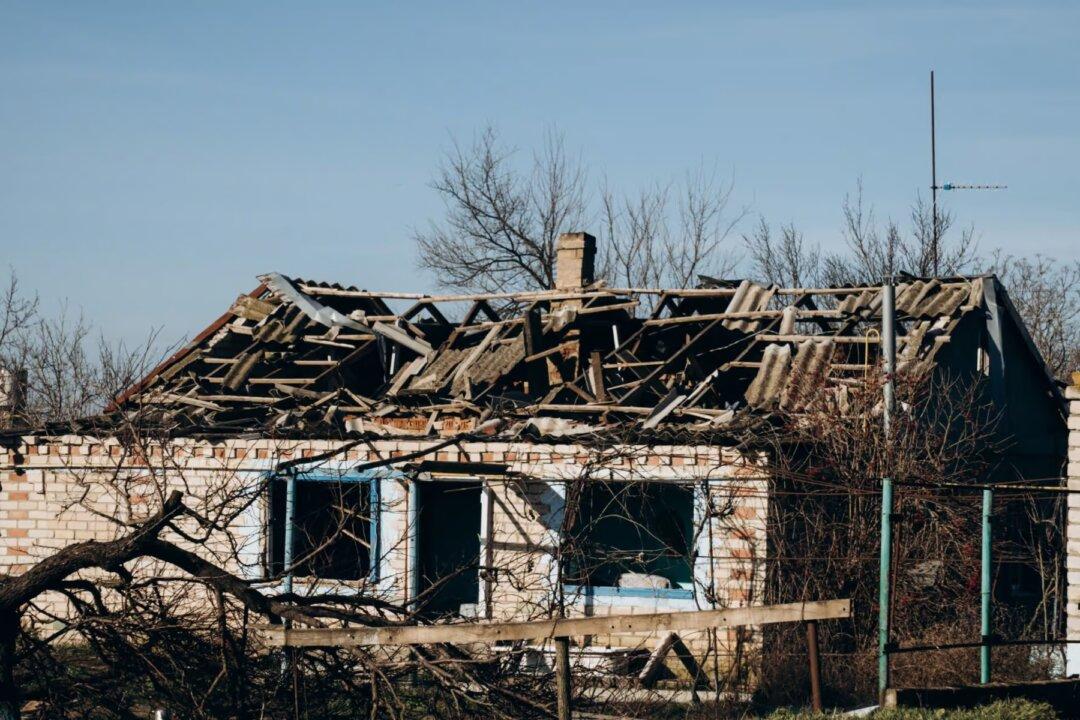Commentary
Several articles on the proposed amendments to the World Health Organization’s international health regulations have appeared on Brownstone, such as this excellent introduction. Consequently, there is no need to repeat this information in a similar format. What I would like to do instead is to pursue the question of what the implications would be for people worldwide if this organization were to be successful in getting the representatives of member countries to accept the proposed amendments. More specifically, what are the likely consequences in terms of the concept and practice of totalitarianism?





